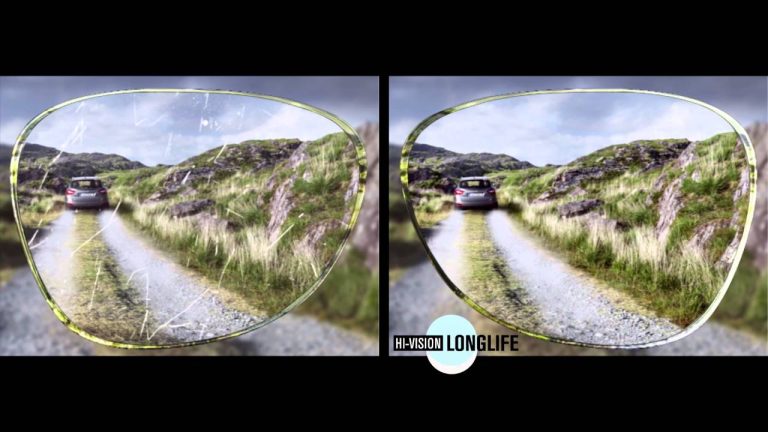Hoya Vision’s Guide to Choosing the Right Lens Material for Prescription Safety Glasses
Prescription safety glasses are vital for hazardous work environments, providing necessary protection for your eyesight. However, choosing the right lens material can be confusing. While durability and toughness are important, you also need to consider your specific working environment and the type of tasks you need to perform. In this guide, we will discuss the different lens materials that you can choose from and which one is best suited for your individual needs.
Polycarbonate Lenses
Polycarbonate lenses are the most popular type of lens material for prescription safety glasses. They offer excellent impact resistance and provide the necessary protection for those working in industrial and construction fields. Polycarbonate lenses are also lightweight, making them comfortable for all-day use. Additionally, they have built-in ultraviolet light protection, which is essential for those working outside. Polycarbonate lenses are the best choice for those who require a lens that can withstand high impacts and still maintain crystal-clear vision.
Trivex Lenses
Trivex lenses are the newer option for prescription safety glasses. They also offer excellent impact resistance, making them a popular choice for those working in the same fields as polycarbonate. Trivex lenses are also lightweight and provide great visual clarity, which is key for those who need to perform detailed tasks. Unlike polycarbonate lenses, trivex has a lower chromatic aberration, which means that images appear more accurately aligned. Trivex lenses are a great option for anyone looking for superior optical quality and protection.
High-Index Plastic Lenses
High-index plastic lenses are the thinnest and lightest lens material option available for prescription safety glasses. They offer great impact resistance but aren’t as tough as polycarbonate or trivex. High-index plastic lenses offer exceptional visual clarity and are great for those who wear thick prescription glasses. They are also ideal for those looking for extra comfort and want a lens that is thinner and lighter than traditional glasses.
When to Choose Which Lens Material:
- Polycarbonate: Choose polycarbonate lenses if you work in construction or industrial fields that involve heavy machinery and high-velocity debris.
- Trivex: Opt for trivex lenses if your work requires high optical clarity and precision, such as laboratory work or detailed assembly.
- High-Index Plastic: Consider high-index plastic lenses if you have a strong prescription and desire the thinnest and lightest lens possible.
Ultimately, the lens material you choose will depend on your individual working environment and personal preferences. Consulting with a vision specialist or optometrist can help you choose the lens material and style that best suits your needs. No matter which lens material you choose, remember that prescription safety glasses are an investment in your personal safety and should never be overlooked.
Contents
Most wanted in Hoya Vision:
What are prism eyeglass lenses?
Hoya Lens Engravings
What brand lenses does Costco use?
What does +0.25 mean on an eye test?
Do tinted glasses help with migraines?
Should eyeglasses cover eyebrows?
Hoya Identification Chart
What LED light is best for broken capillaries?
Does hyperopia worsen with age?
What is the difference between Ray Ban RB and Rx?
















